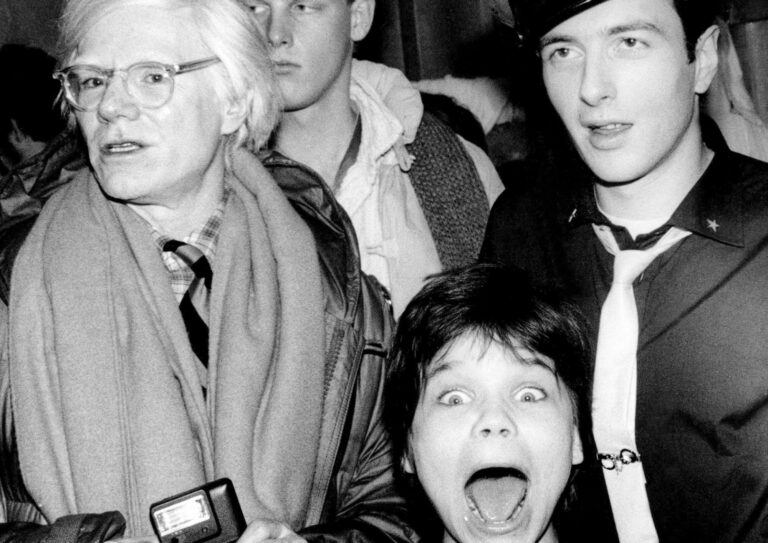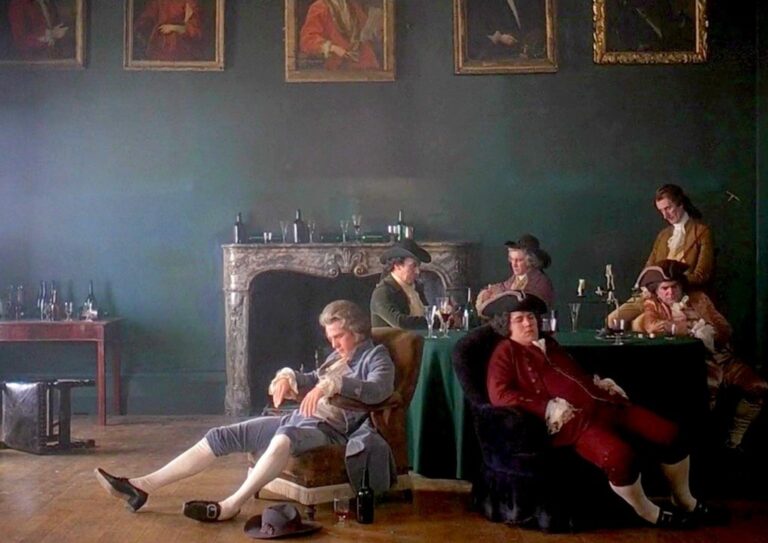Jazmín López Interview by Steve Macfarlane
Spectacle and Roxy Cinema New York team up for a special presentation of artist Jazmín López' breakout debut feature film Leones, on a rare 35mm print.
Spectacle and Roxy Cinema New York are thrilled to team up for a special presentation of multidisciplinary artist Jazmín López’ breakout debut feature film Leones, on a rare 35mm print. This screening marks ten years since Leones made its premiere at the 2012 Venice International Film Festival; programmer Steve Macfarlane caught up with López to talk about the decade since, the film’s polarizing initial reaction, and its relationship to the literatura fantastica of López’ home country of Argentina.
Why is Leones dedicated to Kurt Cobain?
It is? I don’t even remember. No, I’m kidding; in a way, the movie is dedicated to suicidal poets at large – actually, the movie references Alfonsina Storni, a very famous and beloved poet from Argentina who killed herself by walking into the ocean. The movie references the suicidal attempt in the teenage years – either you take that path, or you grow up somehow. At least, it’s how I felt at that time – I wanted to portray that. Not that I was suicidal, but I was having strong emotions that didn’t suit a normal life, really. So I had to grow, in order to forget those extremely intense feelings. It’s existentialism if you want. The movie is not just dedicated to Kurt Cobain, but to the artists, poets, musicians, who inspired my adolescence. I wanted to have the life of others, I didn’t feel I had a life at home. The film is not necessarily about that but it’s about that emotion. Maybe it sounds very cliche but art, poetry and music, going to live music in very small venues in Buenos Aires – places that don’t exist anymore – finding a rescue in those activities. Nirvana is just one example. I think the ages between 15 and 20 were the most intense of my life, so far. You’re like an archetype: you have the energy and the power to do anything but you don’t have a clue for the texture life could have. Everything is kind of “iconic”. That’s the film: iconic representations of feelings, thoughts, drives, desires – everything is kind of a perfect image of how it would be. I wanted to explore how something very simple and iconic can be profound.
The film works due to the vulnerability of the teenage actors. How much was improvised versus scripted?
When it gets into what they feel, I kind of run away. Not because I have a technique, just because I lack any type of talent in directing actors, filmmaking is just closer to choreography for me. At the end there is some kind of discomfort or awkwardness, but it works in the film. So that’s something I really appreciate.
So you’re not casting on “dramatic chops” so much as your own instincts.
My main obsession back then – remember, this is ten years ago – was to be able to blend a naturalistic approach with something completely artificial. Like sometimes they would be talking about stupid stuff, very relaxed, then I would force them to say phrases that nobody would say in “real life”, no one. Usually I love those awkward moments. Because they are truly uncomfortable; I don’t believe, at least with a 35mm camera with a huge lens in front of your face, an actor can truly be comfortable. I’d rather use that awkwardness and portray it. We shot the film in consecutive, linear order, which was very weird. So I didn’t tell them what was going to happen or what the film was about – they just memorized their dialogues and I choreographed them.
Is it possible to spoil Leones?
Nothing people create from the film bothers me, not even bad reviews. It’s very basic in a way, it’s a thriller in a way – it’s about ghosts, death. Maybe it’s a horror film. I think it works better the second time you see it. It’s supposed to be mysterious – inspired by literatura fantastica.
Tell me about literatura fantastica.
It’s like Rioplatense, which is a specific Spanish spoken around the Río de la Plata, which is the widest river in the world. You think it’s the ocean. It really defines literatura fantastica – you’re seeing something, but it is by definition something else. Cortazar, Borges, Casares – it’s all about that. Like a river pretending to be the ocean, because there’s no horizon. At the same time, it is brown as shit. This is where all the ships arrived from Europe, and it’s close to Montevideo and Buenos Aires – the two big cities with the kind of connoisseurship of art, or literature, we discussed earlier. Everything is about lost love – but if you read it in context, they are writing about immigration. It’s not romantic love, that’s just a metaphor for the loss of the (European) territory rather than a particular person. Romantic type phrases, but about missing Italy rather than a woman. It’s especially related to short stories. All my students, when they make a film, they want to adapt a novel rather than a short story–but I think it’s impossible in under two hours.
In The Aleph, we have a guy who goes into his friend’s house; the friend asks him to go to the basement, but the friend gives him a little drink beforehand. Then they go down, and suddenly the main character is seeing a very weird opening in the wall, it’s kind of alive, and you don’t know how much is the narrator, how much is the wall. It’s kind of like the opposite of Lynch, in a way, because he exposes the texture, and I hide it. I’m not saying one is better than the other, but it’s an opposite take. The ultimate image of what I want to do is what Bunuel did by casting two different actresses cast as Conchita in That Obscure Object of Desire. He found a tool of cinema – casting – to express what he wanted about the hysterical behavior of the woman. I don’t love that part, but the casting is insanely clever. If a machine could interpret films and say “this is Surrealist, this is not”, that film would fail to register as surreal. Because everything is natural in the image and the sound!
Did Leones receive a traditional theatrical run in Argentina, at least? How did it do?
What happens in Argentina is that people go to see whatever is playing when they get to the theater. It could be Shrek or Leones, it doesn’t really matter. So that’s what happened to Leones, we were competing with everyone else.
I mean, they both take place in a forest…
It makes sense that the movie did better in France, but it’s not a commercial film at all. What it means to do “well”, I don’t know. Without a real context or framework, I think this film could really get lost.
You have a prestigious 10+ year career as a visual artist, but cinema is only a piece of that – your second feature If I Were The Winter Itself is just now being seen after COVID-19 halted its theater run. And that film came 8 years after Leones.
I think I was traumatized, I have to say. I wasn’t really trained to deal with all this shit. I was traveling with Leones for two years, getting drunk at festivals, and I think I was extremely depressed by all that kind of attention. Now I have better tools to deal with it… My take today is, people didn’t want such a young woman to have a film like that. Today I spoke on the phone with a critic from Argentina, and he had written a terrible review of Leones and he said, “I was super unfair with your film.” (laughs)
Tickets to Leones for the Friday 8/26 screening can be purchased here.



